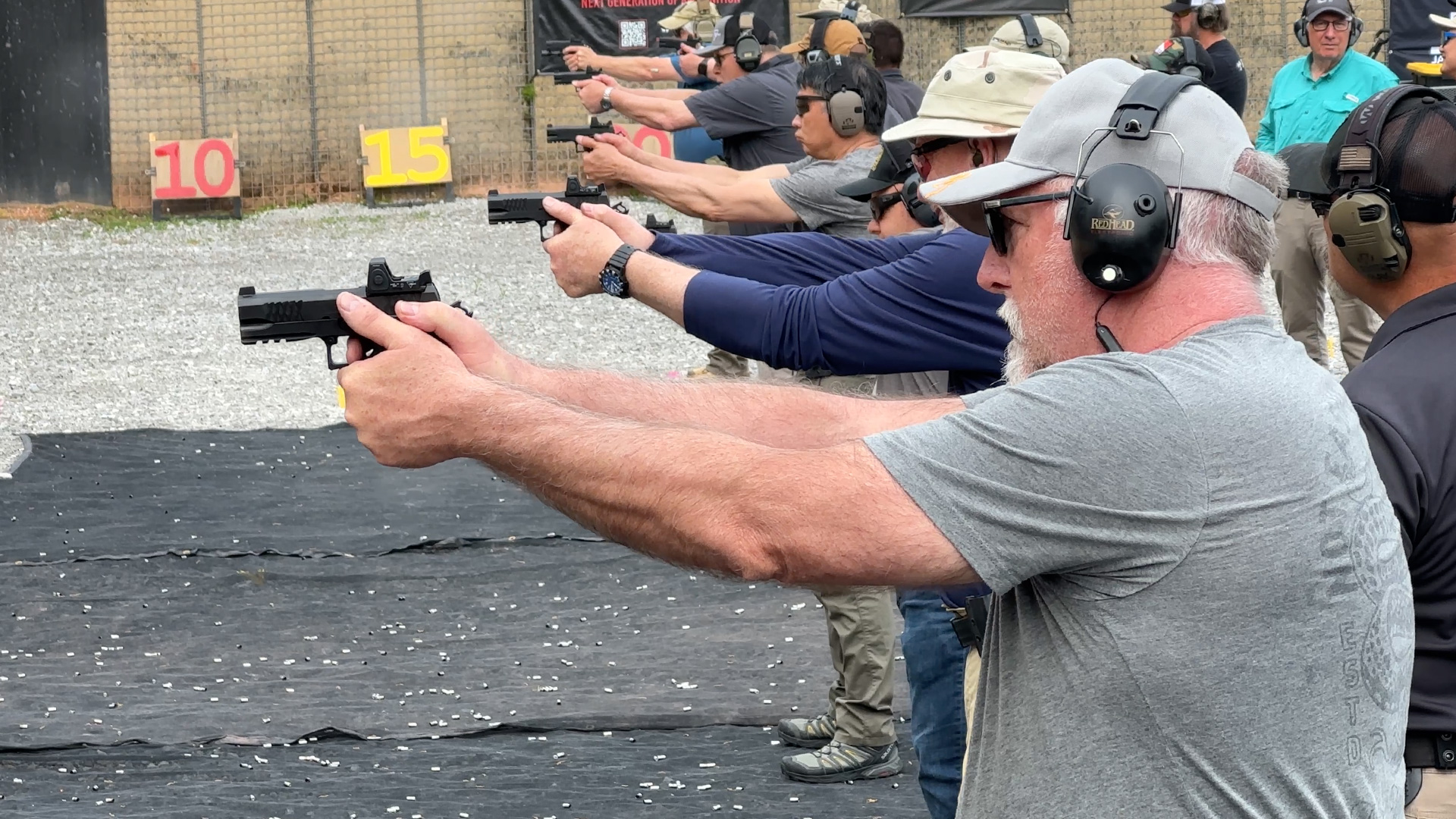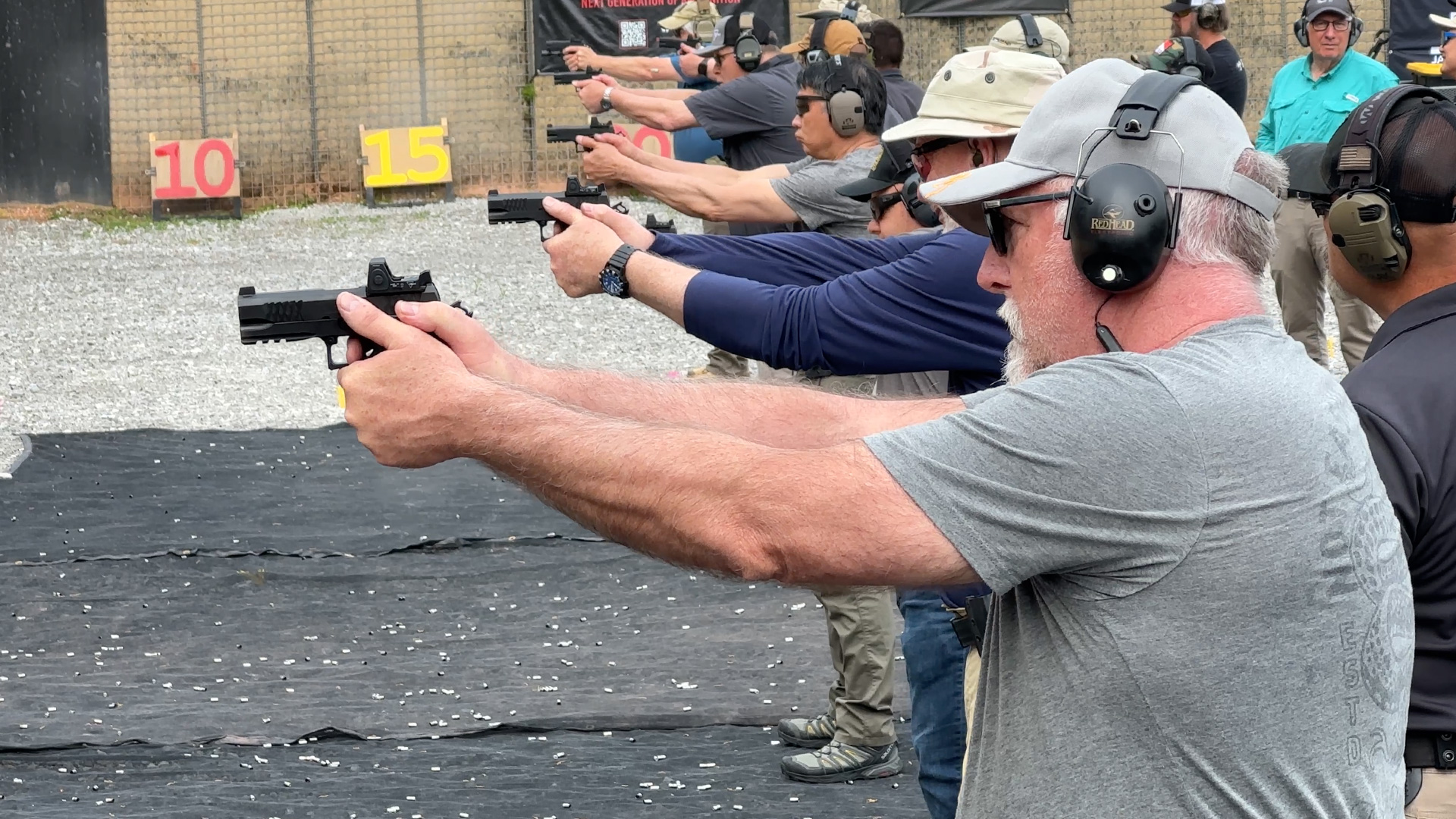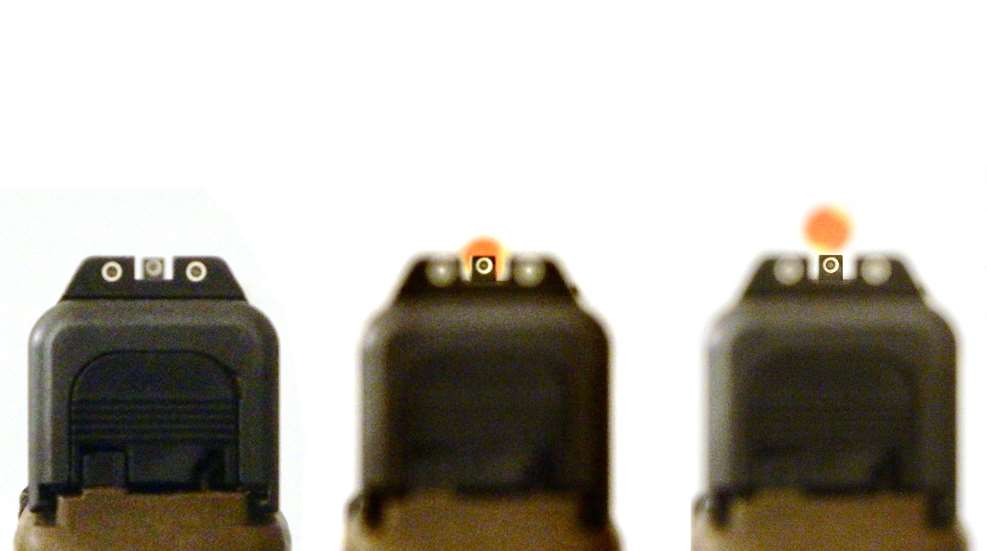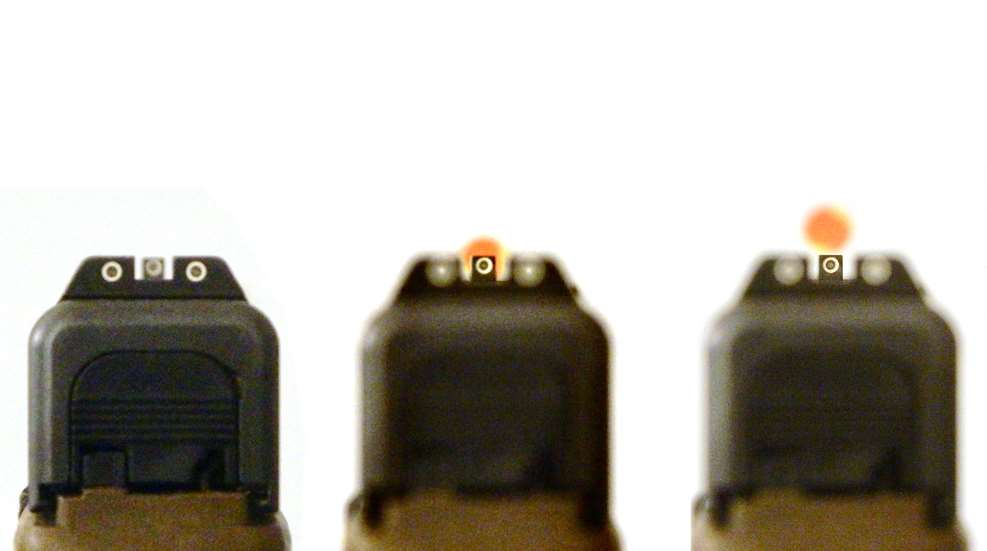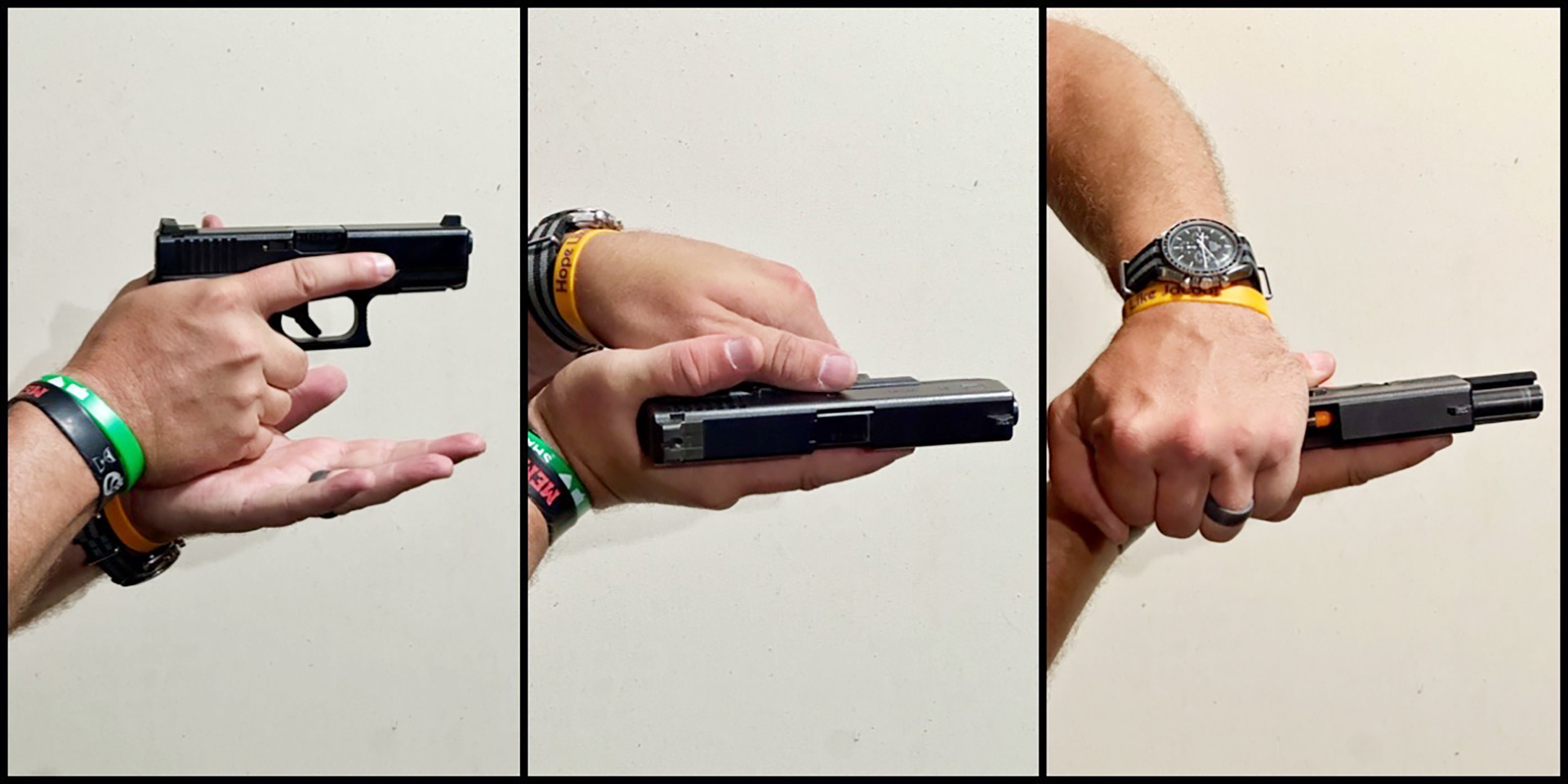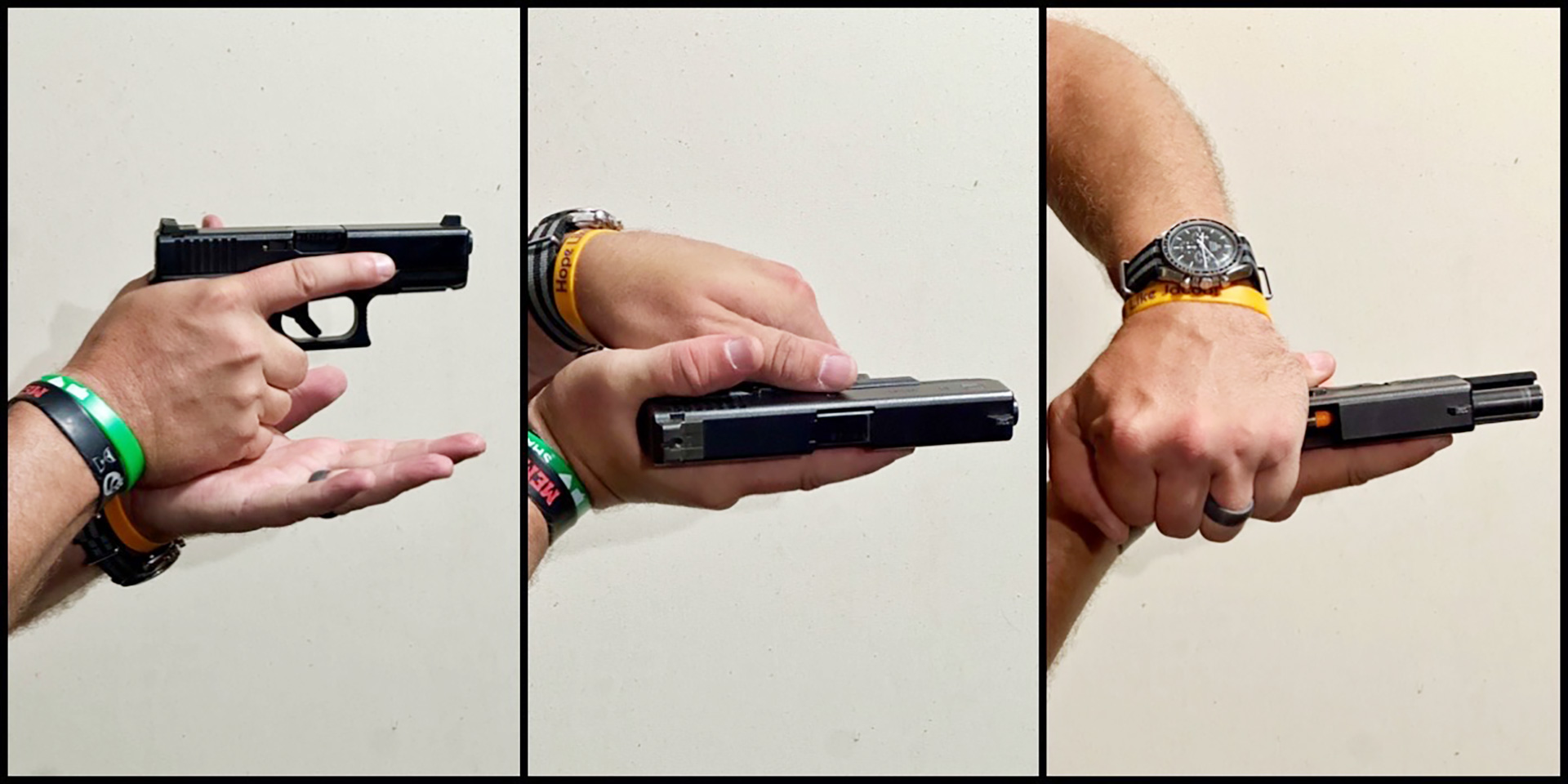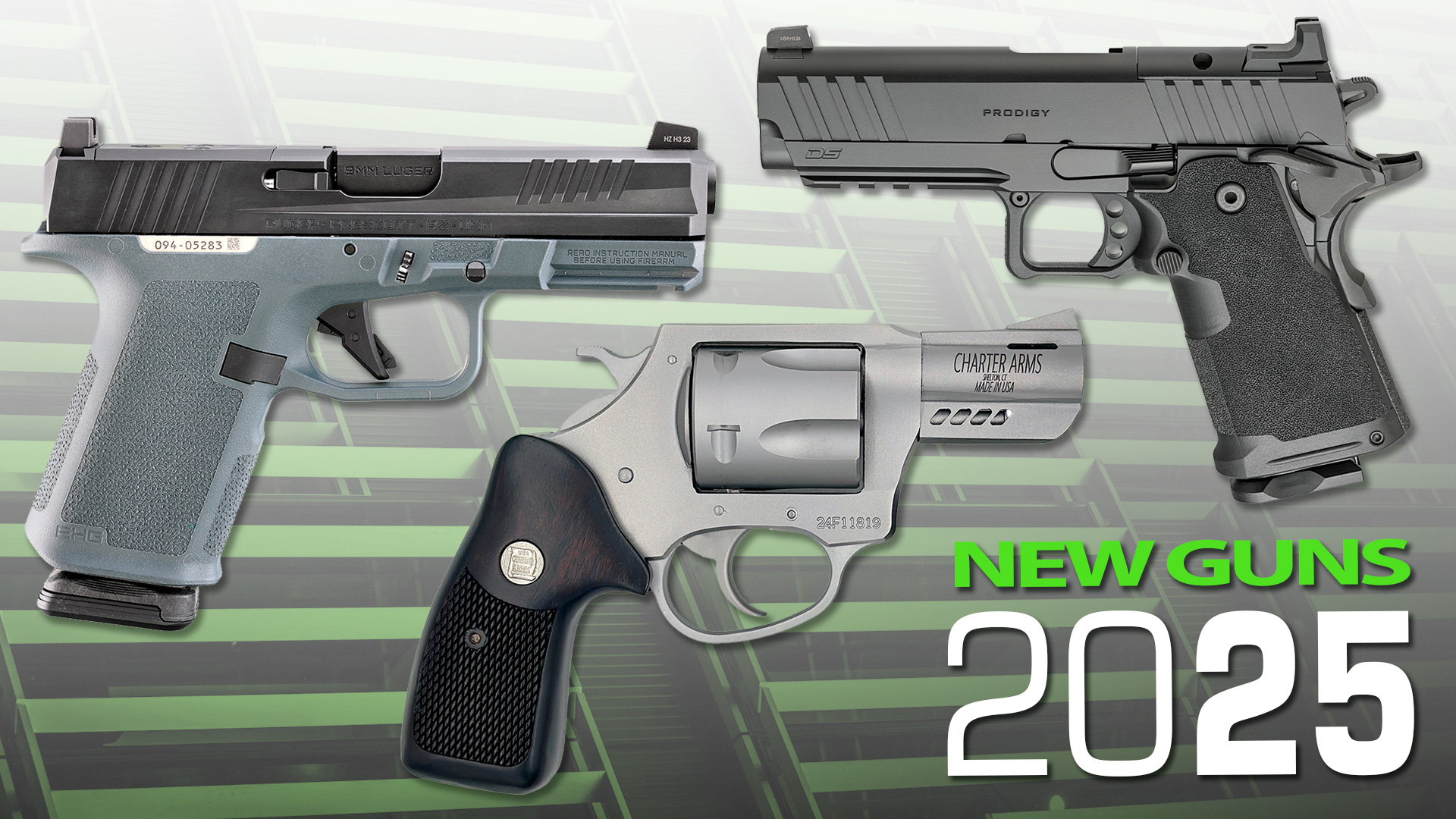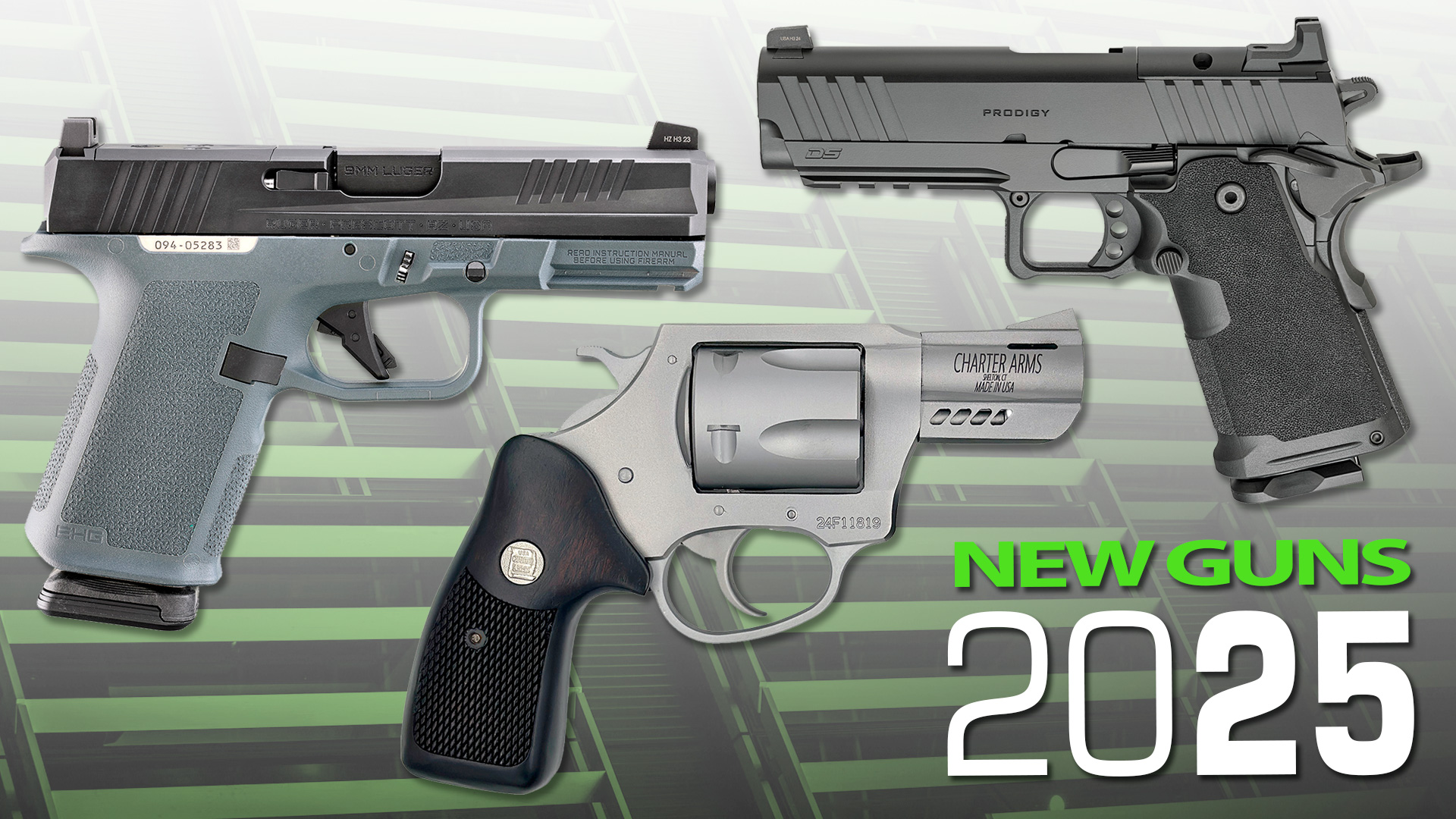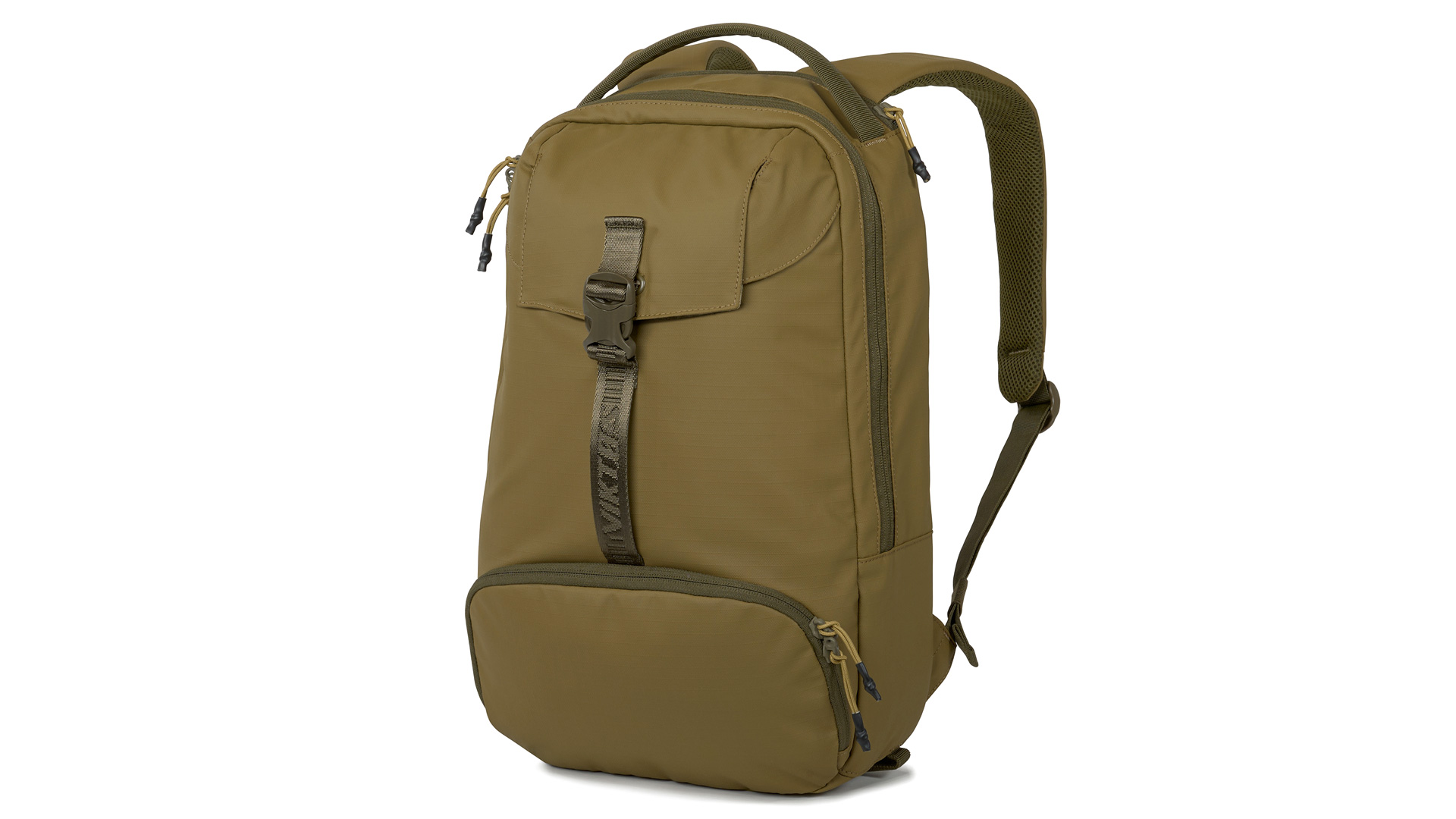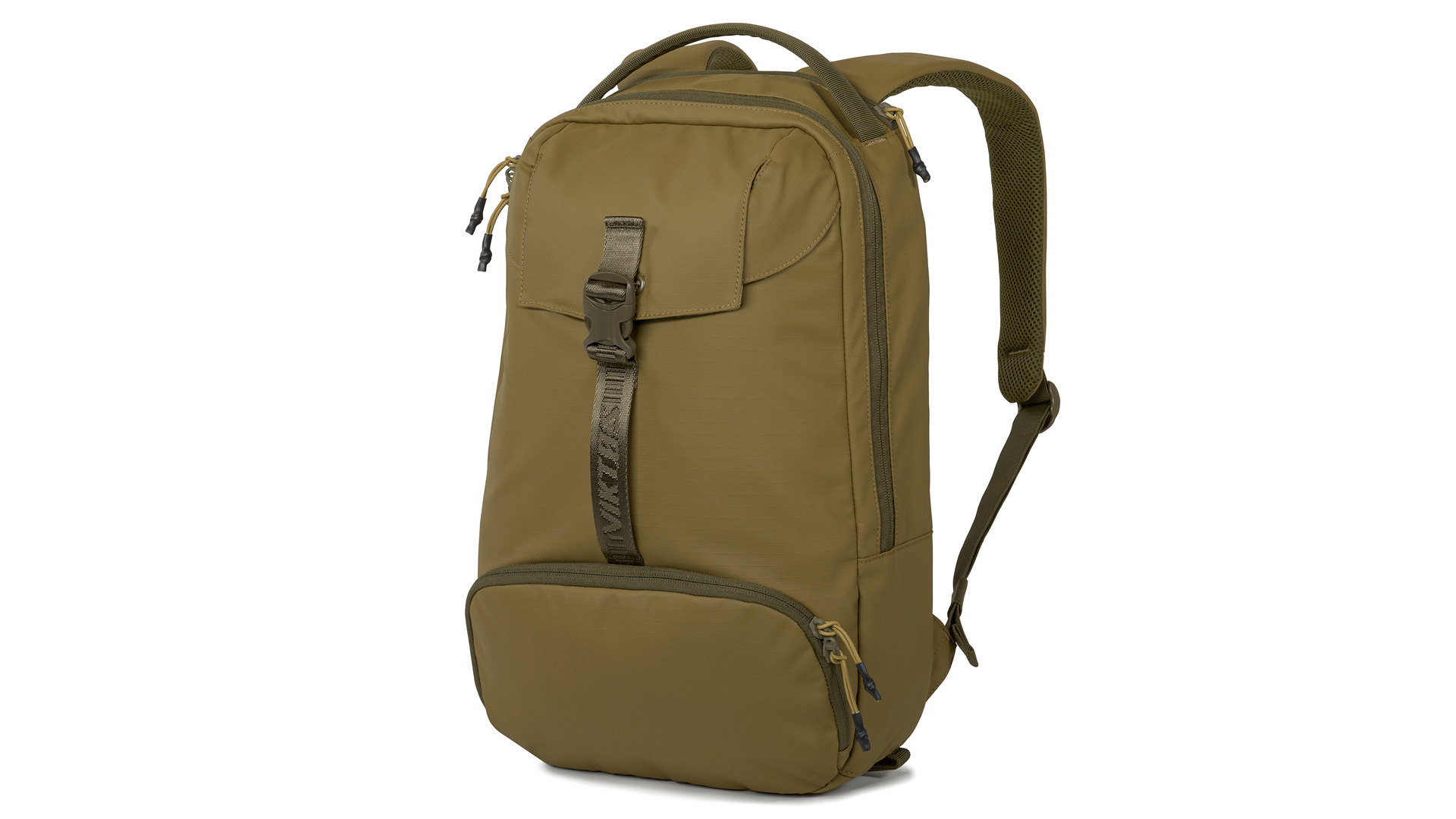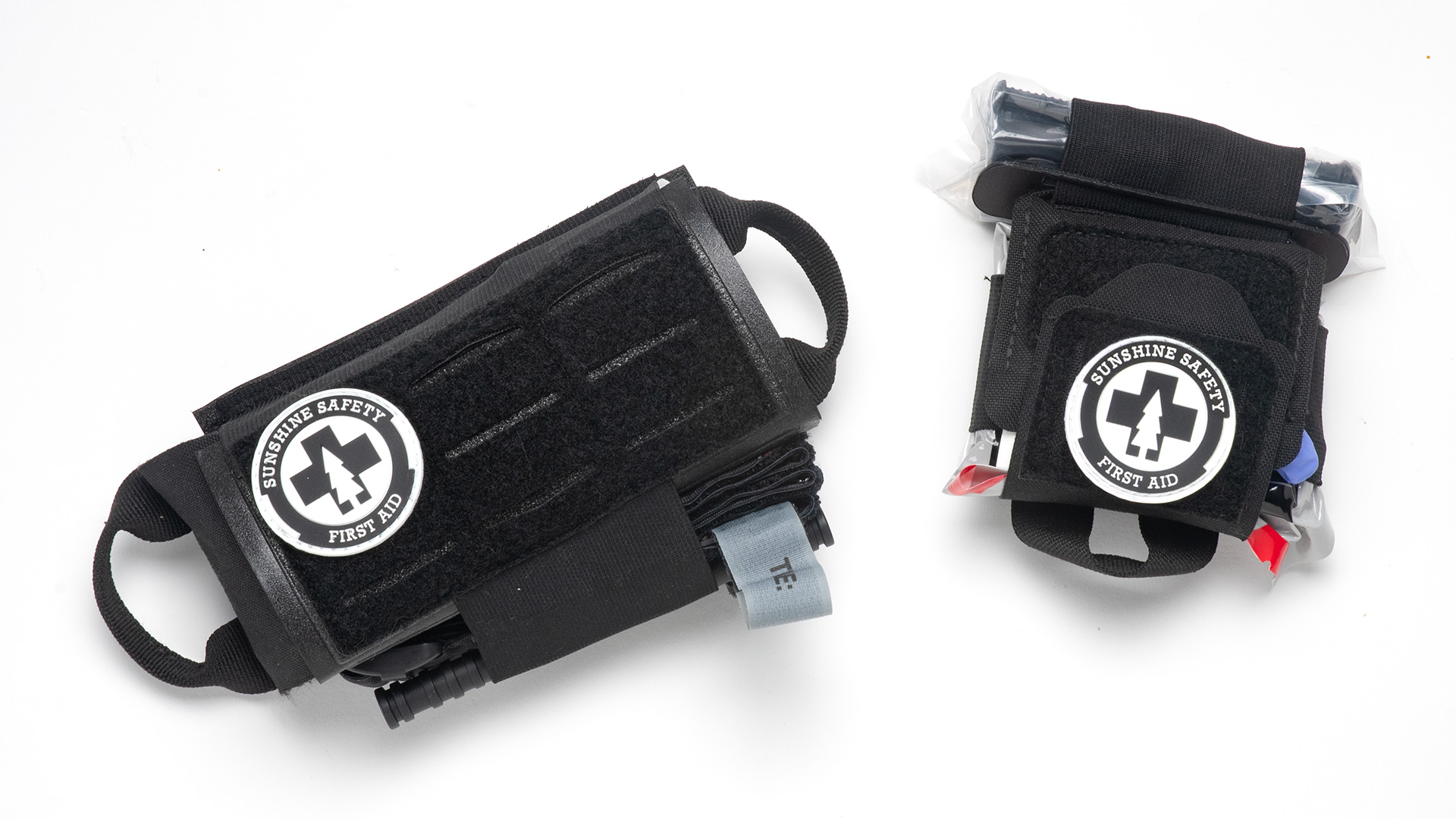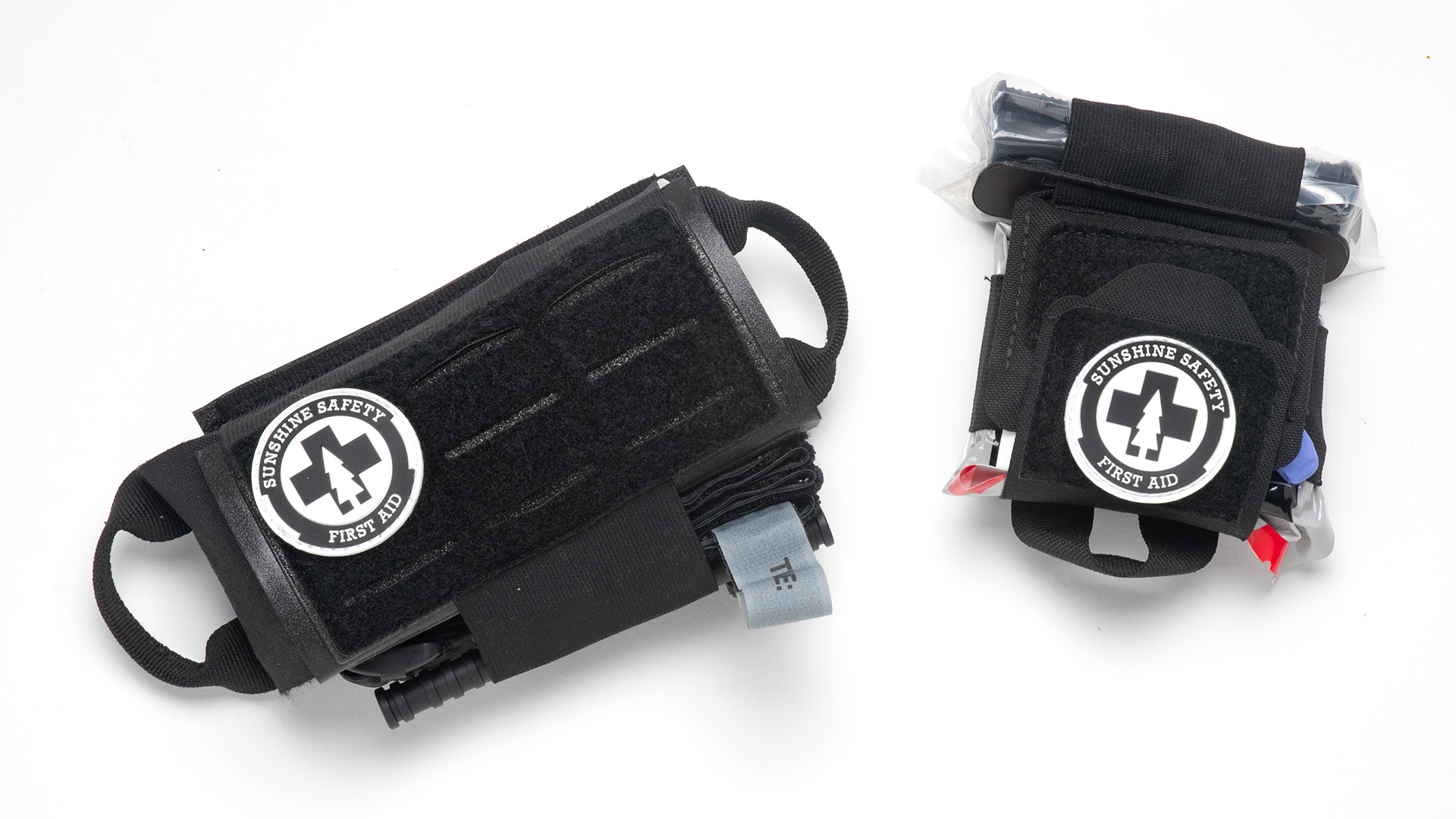
For some personality-types, getting mad is a daily occurrence. I know some of those people and sometimes I think to myself “Why are you so angry all the time? One day it is going to get you in trouble.” When you get angry, your brain and your body experience a number of changes, and the physiological response to anger is very complicated.
- There is no one hormone associated with anger, but there are a few that definitely go hand-in-hand with anger responses. Some hormones perceive threats, some prepare our bodies for “flight or fight,” some are directly related to our blood pressure and energy levels. Some pesky hormones can even cause cortisol levels to rise, which heightens our arousal and vigil when we are mad.
- The amygdala, an almond-shaped system in the brain, is considered the “old brain” or the more primitive brain structure that handles emotion. It is responsible for processing external stimuli, identifying threats and sending out an alarm for our body’s self perseveration mode to kick in.
- The prefrontal cortex of your brain can switch off your emotions and is in charge of judgment and decision making. It is the “big dog” that can keep your rage under control.
- Once your angry body tenses up, adrenaline and noradrenalin (some people include dopamine in anger studies) are released and this causes an eruption of energy. This also controls your “fight or flight” response, flushes your face, raises your blood pressure, breathing increases and last but not least, narrows your attention and locks into the person/thing causing your anger. Once that happens, every part of your being yells “FIGHT!”
 Now that we know what our brain is doing, let’s try to recognize the signs and symptoms of anger in ourselves and others (if applicable).
Now that we know what our brain is doing, let’s try to recognize the signs and symptoms of anger in ourselves and others (if applicable).
- Tightness in your chest
- Tense muscles
- Feeling hot
- Sweating
- Shaking or trembling
- Clenching teeth/fists
- Headache
- Dizzy
- Shouting
- Physically assaulting
- Verbally abusive
- Enraged fury
Scenario #1
Imagine that you are the person with anger issues. Let’s look at the triggers before the event (I will mark a T by the trigger). You are late for a very important meeting (T) but had to stop for gas (T). You get to the pump but the darn thing is broken (T), so you have to go inside to pre-pay (T). You were going to fill up your tank but not sure how to gauge the amount needed so you will just get $30 worth of gas (T). You go inside to pay and you hear the cashier telling the customer ahead of you that their credit card system is down (T) so you have to pay in cash. You only have $20 in cash so that will have to do (T). You are behind a dude that is buying $40 worth of lottery scratchers (T) and is still in the decision process of which scratchers he wants to buy (T). Your anger is through the roof and no words have even been exchanged. You are hot, sweating, pacing, huffing & puffing and starting to shake. The dude in front of you can “feel” your anger and intuition says “turns around”. He looks at you and says “I’m sorry man, I will move faster”. You say nasty things under your breath which changes the dude’s mind. He is no longer “sorry” and is now on the defense. This escalates because your prefrontal cortex is not winning, your amygdala sends out the danger signal and the chemicals in your brain scream “FIGHT!” Because you were unable to self regulate your anger, you are now in an altercation with some innocent dude just trying to get rich on lotto tickets and the cashier has called 911. The cops arrive and unfortunately, you are the aggressor, which means you are going to miss your meeting and are now at the mercy of the legal system.
 Scenario #2:
Scenario #2:
Imagine that you are the person buying to lotto scratchers. Everything is the exact same as scenario #1, but you recognize the anger issues in the person behind you. You can “feel” anger coming off the dude behind you and your intuition says “turn around”. You look at him and say “I’m sorry man, I will move faster”. He says nasty things under his breath which now shows you that he is unable to self regulate his anger, but you are. You move to the side and ask if the cashier can take care of him first while adding even more distance in between you and the dude. The cashier recognizes a potential problem and is able to hold your transaction so he can take care of the angry man. The dude gives you a sideways glance, steps forward, is curt and unappreciative. You keep your distance, have pepper spray pre-deployed hidden in your hand, know where the exits are and have a plan in place if things go bad. Thank goodness you were able to avoid an altercation because you are able to self regulate your anger.
If these scenarios and symptoms are familiar then you, or someone you know, has crossed an emotional boundary. Unmanaged anger can cause headaches, insomnia, depressions, anxiety and many other health problems. There are several relaxation techniques, supplements, etc. to help reduce your arousal and decrease your amygdala activity so if you are one of the personalities that gets angry daily, there are ways out there to help override your emotional reactions.


